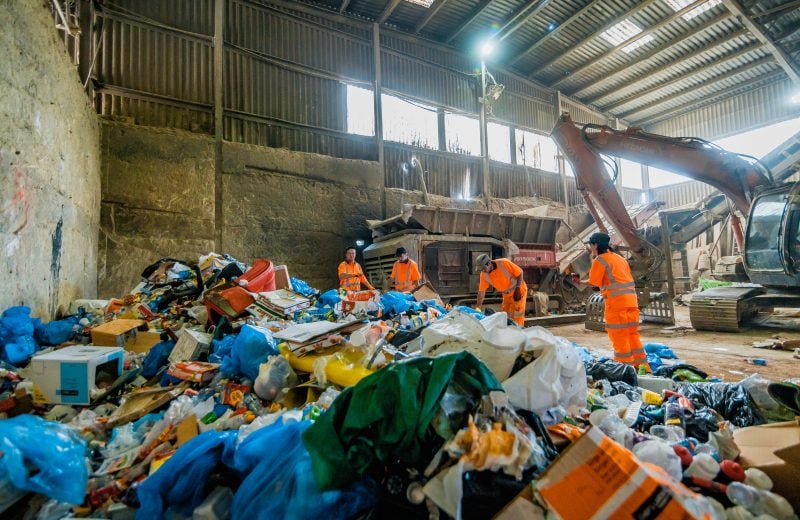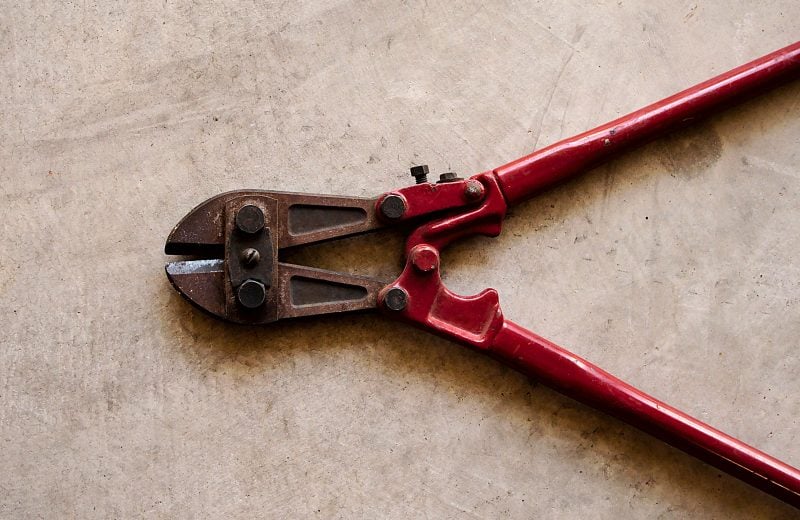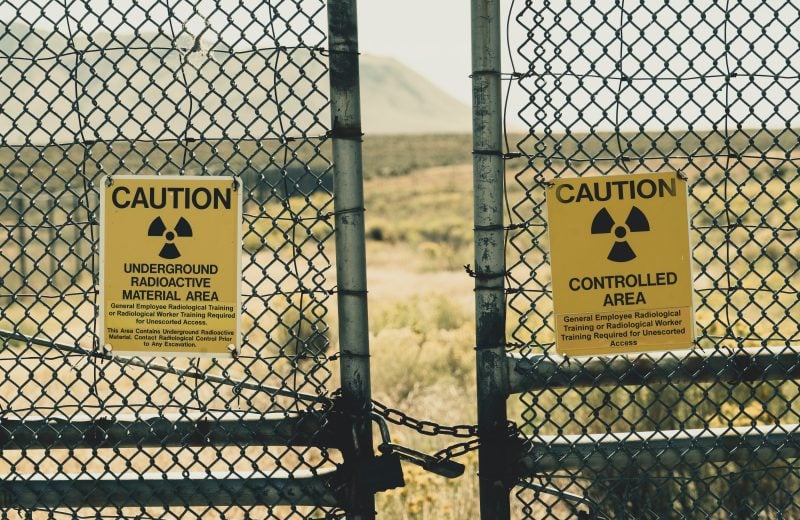Toxic Waste! Is it a real problem – or just in films?
Almost everyone has come across a toxic waste, ‘survival of the fittest’ style blockbuster movie, the ones that are sometimes so unrealistic that you could never believe it would occur. Yet, equally, make you wonder just how much we truly know about hazardous waste disposal and what could happen next.
Memorable movie moments that made us think twice
The Simpsons are well-known for their ‘prediction’ conspiracies. Radioactive waste is regularly shown around Springfield, and the unappealing vibrant green liquid is often portrayed in leaking barrels marked with the Radioactive symbol.
In line with the characteristics of ‘Mr Burns’, it comes as no surprise that he is committing malfeasance crimes by wrongful disposals. There has been plenty of toxic waste focused storylines in line with this, including the terribly polluted river which caused a new breed of fish to mutate.
Mutant, the 1984 eco-horror is about two brothers who discover that the residents of a small southern town are becoming infected by a form of toxic waste, turning them into blood-ravenous zombies. Can you imagine the fear? The anxiety of the unknown?
It’s not just in the movies…
There is some truth to what we are unsure of. In the summer of 1991, Middletown High School, 70 miles north of Manhattan, was given a handful of video cameras. The expectation was to train Fred Iseeks, a popular English teacher’s students in film-making and media production, using local subjects as a starting point. What was supposed to be a casual documentary about local life, somehow turned into an investigative journalism unit.
The project came to a head a whopping six years later in 1997, students passing through Isseks’ high school class would film, edit, and release a feature-length documentary that would eventually uncover and expose a generation’s worth of illegal, mob-connected dumping of toxic materials in their part of New York state. The documentary picked up a huge political stem and is a prime example of how a blockbuster movie would begin.
What is toxic waste?
Toxic waste is classed as a chemical waste material that can cause death or dangerous injuries. Waste is considered toxic if it is poisonous, explosive, mutagenic, radioactive, teratogenic (birth defects) or even carcinogenic (causing cancer). Poisoning occurs when toxic waste is ingested, inhaled, or absorbed by the skin.
What waste is considered ‘toxic’?
From what might be the seemingly less invasive kind of toxic waste in everyday life, such as pesticides, paint, car oil and even old batteries, you will find that they are just as reactive and corrosive as the more fear-mongering kind you see in films today.
Waste is classed as ‘hazardous’ under environmental legislation when it contains properties that might cause harm to humans or the environment. This does not always mean that an instant risk to human health is going to occur, but some toxic waste can cause terrible consequences.
Is your waste hazardous?
Examples include:
- Batteries
- Asbestos
- Pesticides
- Chemicals, such as brake fluid or print toner
- Home electronics such as fridges or freezers
- Car oil
Common hazard waste disposal
The removal of toxic waste is different in each circumstance. With common hazardous waste and items that are difficult to dispose of, there is a more advanced approach necessary.
Hazardous waste cannot be neglected or sent to landfill like normal waste. It must go through an efficient process and procedures to ensure that it will not have the ability to cause damage or serious harm to humans, animals and to our environment.
Waste disposal – leave it to the experts
It is important to know that you should not dispose of your own hazardous waste unless you are qualified to do so and have the necessary on-site facilities. Having an understanding of what is hazardous and what is ordinary waste is key to staying safe.
Toxic waste is only permitted to be disposed of at authorised sites. Specialists in waste management, like Aasvogel, can transport hazardous waste to the correct facilities for processing.
Going above and beyond – recycling hazardous waste
Thankfully, despite the fear of toxic waste, it is perfectly achievable to recycle many toxic materials, which, in turn, reduces the amount of hazardous waste ending up in landfills. Many recycling facilities will accept certain types of hazardous waste, so it is worth doing your research.
Toxic waste disposal can be challenging when you have to consider all safety precautions. However, you must remember that no matter how tough it can seem to comply, working with these procedures will ensure that humans and the environment can stay safe and unharmed. It doesn’t have to be difficult, toxic waste is everywhere, but with the support from Aasvogel, our professional services can help keep you protected.
At Aasvogel, we offer comprehensive hazardous waste and technical solutions that keep you compliant with legislation and deliver innovative disposal solutions, competitive prices and excellent service.



